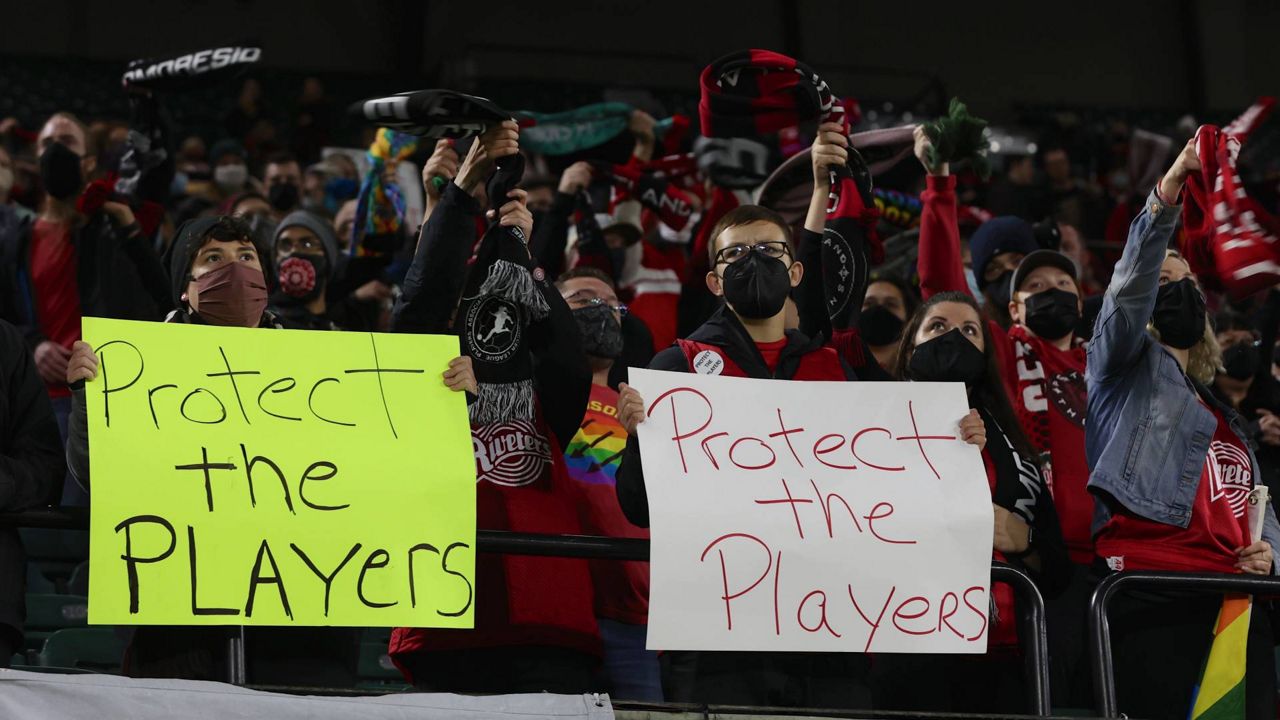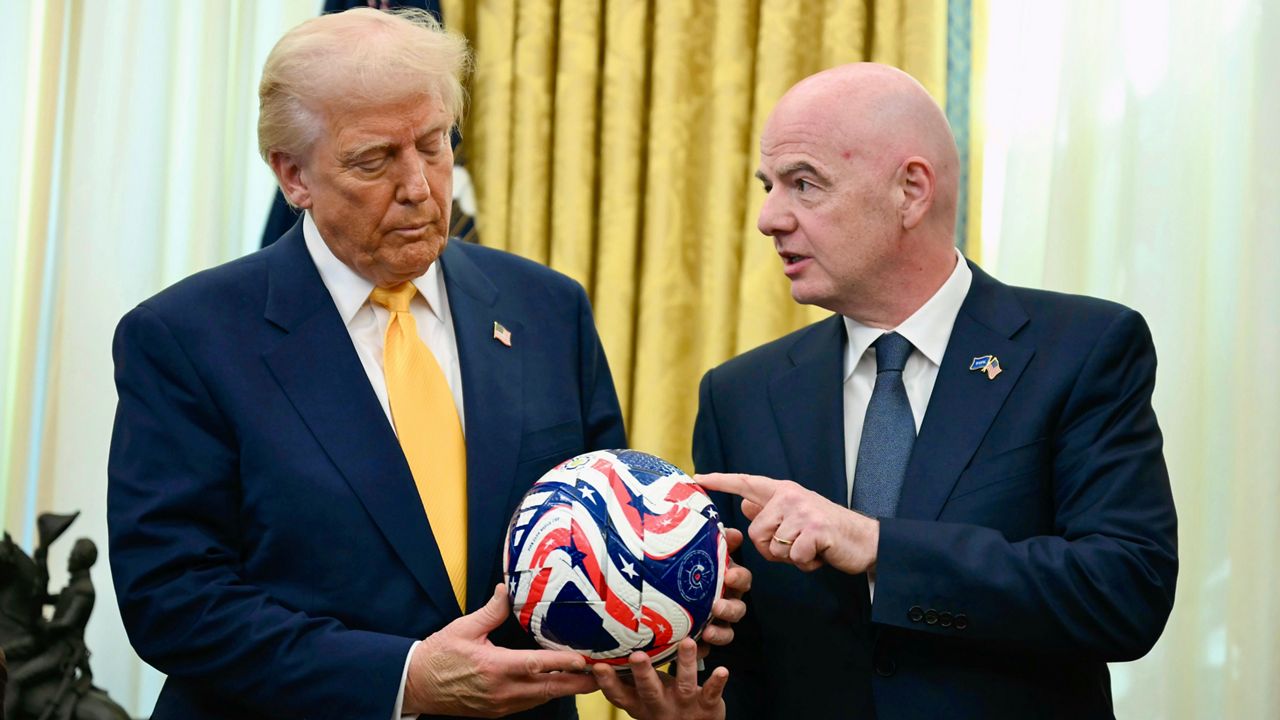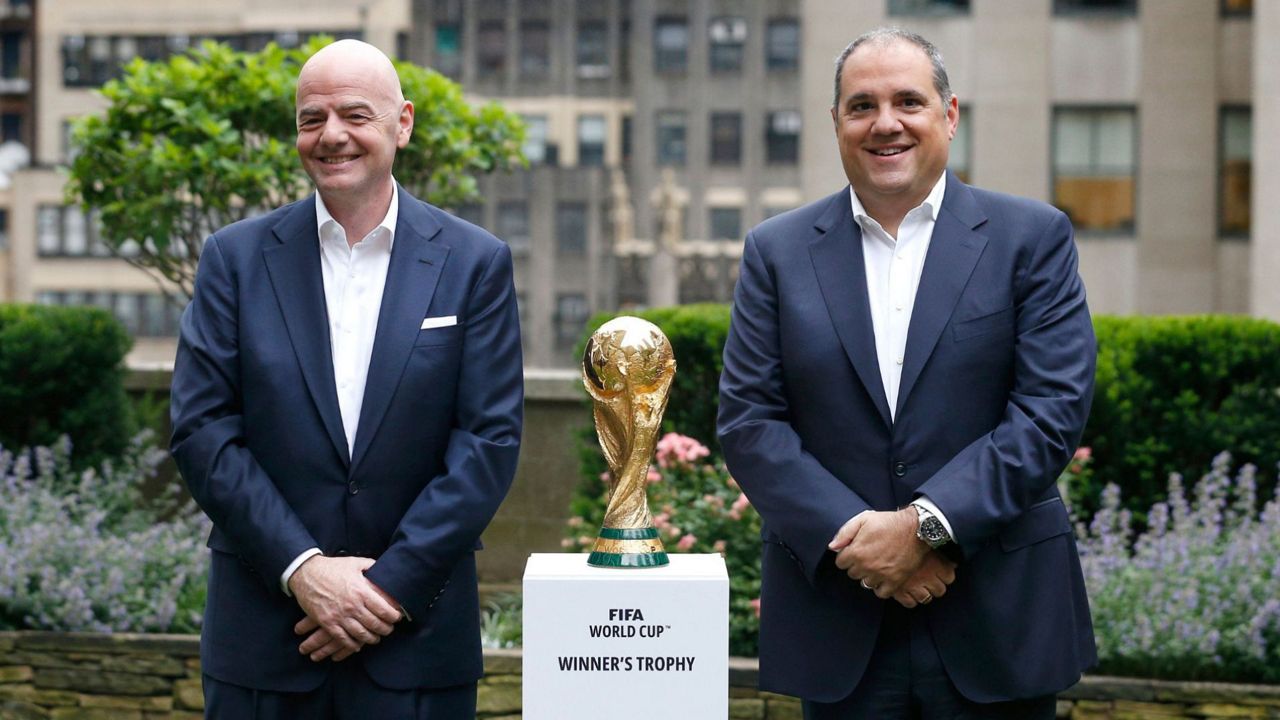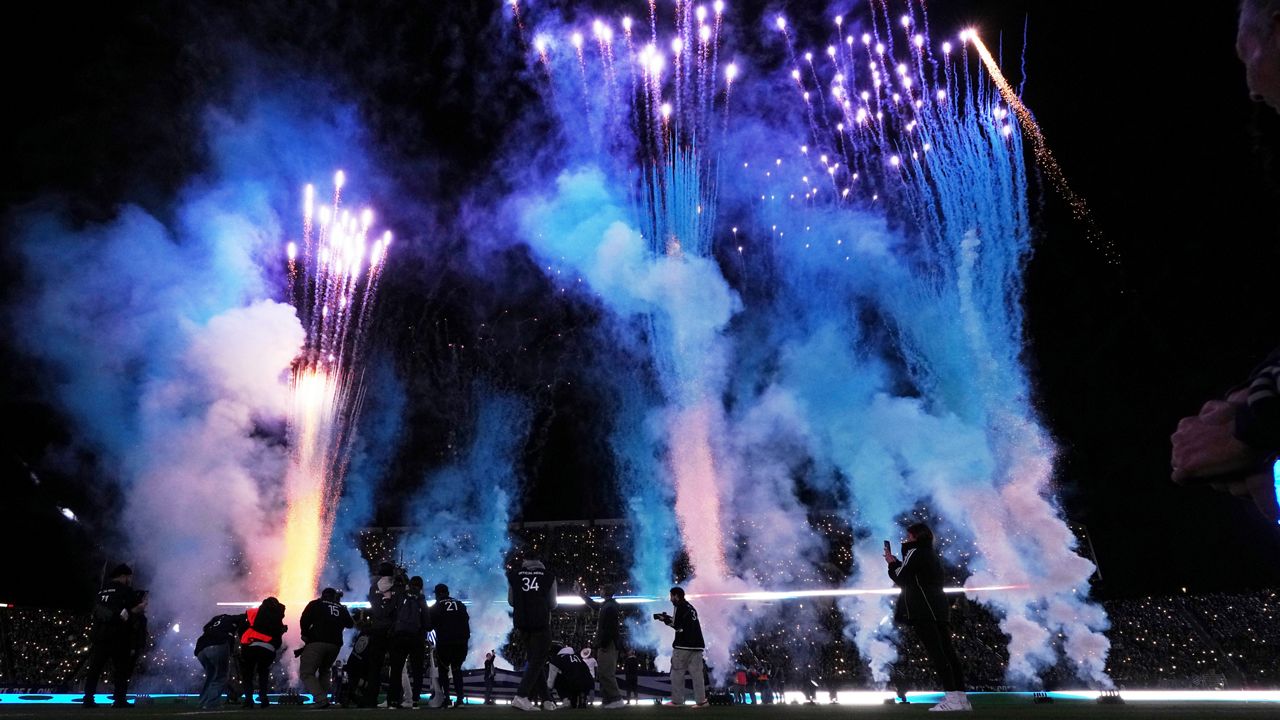An investigation commissioned by the National Women's Soccer League and its players union found “widespread misconduct" directed at players dating back to the beginnings nearly a decade ago of the country's top women's professional league.
A report detailing the results of the year-long investigation was published Wednesday, a little over two months after the release in October of U.S. Soccer’s report on a separate investigation by former acting U.S. Attorney General Sally Q. Yates that found emotional abuse and sexual misconduct were systemic in the sport, impacting multiple teams, coaches and players.
What You Need To Know
- An investigation commissioned by the National Women's Soccer League and its players union found “widespread misconduct" directed at players dating back to the beginnings nearly a decade ago of the country's top women's professional league
- In addition to emotional abuse and sexual misconduct, the second investigation also found instances of sexual abuse and manipulation
- The new report largely focused on alleged misconduct involving Paul Riley, former Chicago Red Stars Coach Rory Dames and former Racing Louisville coach Christy Holly. The three were among those who were fired or resigned last year
- The investigative team for the joint investigation reached out to 780 current and former players, all 12 NWSL teams and 90 current and former club staff, and those from the league office
The second investigation also found instances of sexual abuse and manipulation. The NWSL-commissioned report said club staff in positions of power “made inappropriate sexual remarks to players, mocked players' bodies, pressured players to lose unhealthy amounts of weight, crossed professional boundaries with players and created manipulative working conditions.”
It added: “They used derogatory and insulting language towards players, displayed insensitivity toward players' mental health, and engaged in retaliation against players who attempted to report or did report concerns.”
Riley, who has denied the allegations, was fired by the North Carolina Courage in the aftermath. He was among five head coaches in the league who were either fired or resigned in 2021 amid claims of misconduct.
The fallout has continued into this year. Portland Thorns owner Merritt Paulson announced on Dec. 1 that he was putting the team up for sale amid calls for him to do so that began after the Yates report detailed how the Thorns mishandled complaints about Riley when he coached the team in 2014-15. Paulson stepped down from a decision-making role with the team in October and two Thorns executives were fired.
The investigative team for the joint investigation reached out to 780 current and former players, all 12 NWSL teams and 90 current and former club staff, and those from the league office. More than 200 documents were reviewed during the probe, which was conducted by the law firms of Covington & Burling and Weil, Gotshal & Manges.
Two coaches, James Clarkson of the Houston Dash and Amanda Cromwell of the Orlando Pride, were suspended earlier this year at the recommendation of investigators. Cromwell was subsequently fired.
Like the Yates report, the new report largely focused on alleged misconduct involving Riley, former Chicago Red Stars Coach Rory Dames and former Racing Louisville coach Christy Holly. The three were among those who were fired or resigned last year.
It also detailed allegations against former OL Reign coach Farid Benstiti, former Washington Spirit coach Richie Burke and former Gotham general manager Alyse LaHue, among others. Benstiti, Burke and LaHue were also let go or stepped down in 2021.
The report said an ingrained culture contributed to players' unwillingness to come forward, including fears about the instability of the league and job security, the expectation of gratitude and acquiescence, sexism and gender bias, and a lack of confidence in the league's response.
“The individual incidents and recurrent practices detailed in this report reflect the experiences of players, not only in isolated moments but also more broadly, as women playing soccer in a league historically owned and run by men,” it said.
Contributing factors included a lack of background checks or similar vetting for coaches, no clear direction from the league front office for handling misconduct allegations, and insufficient staff at both the club and league level for addressing complaints.
The investigation offered recommendations to "ensure that players and staff within the league and its clubs feel safe and confident in reporting misconduct.” They included strengthening the league's existing antiharassment policy to better define retaliation and adding a non-fraternization policy.
“The joint investigative team hopes that this report will inform and contribute to the continued change necessary to ensure that players in the league are safe, secure and empowered,” it said.










